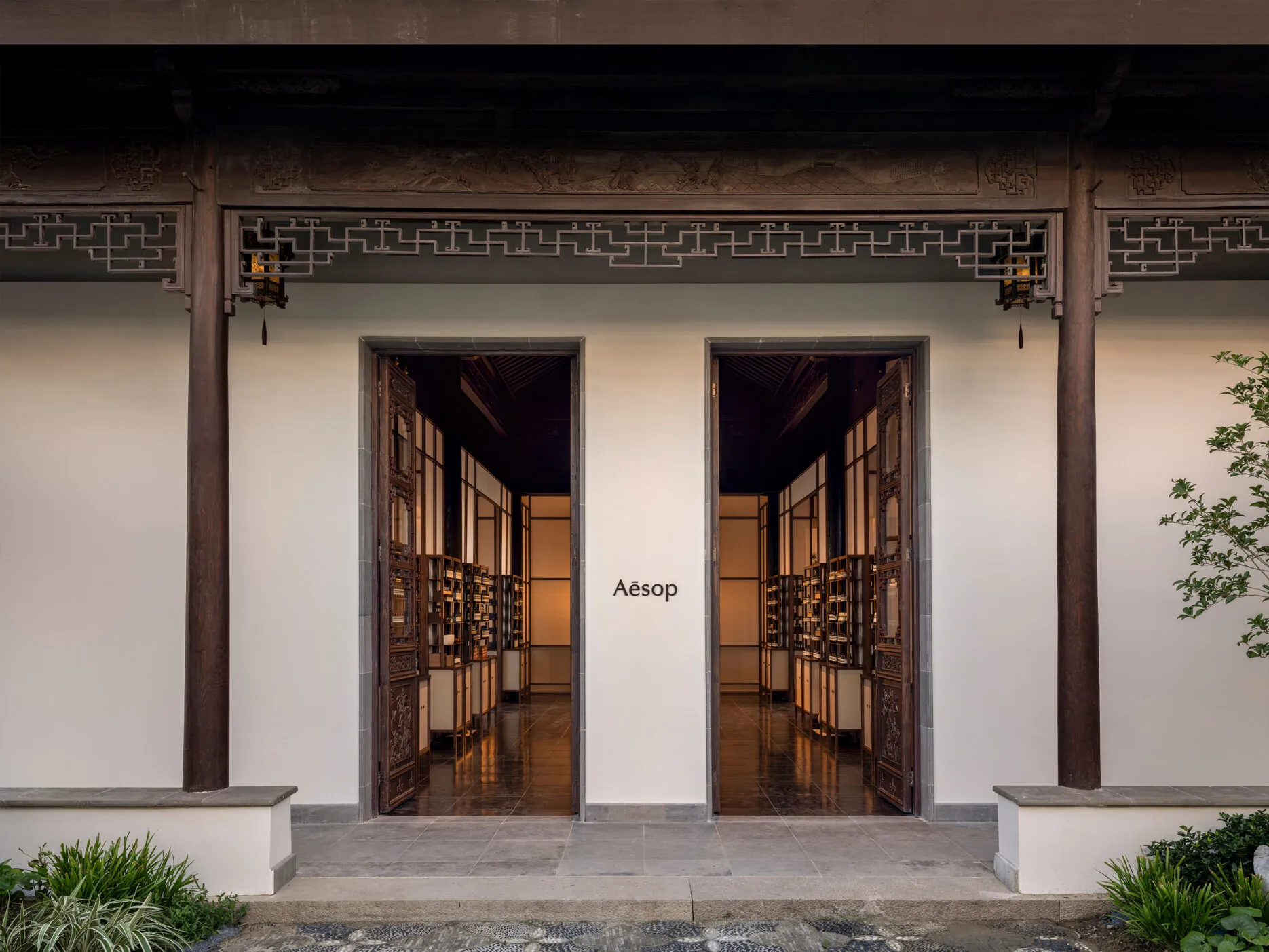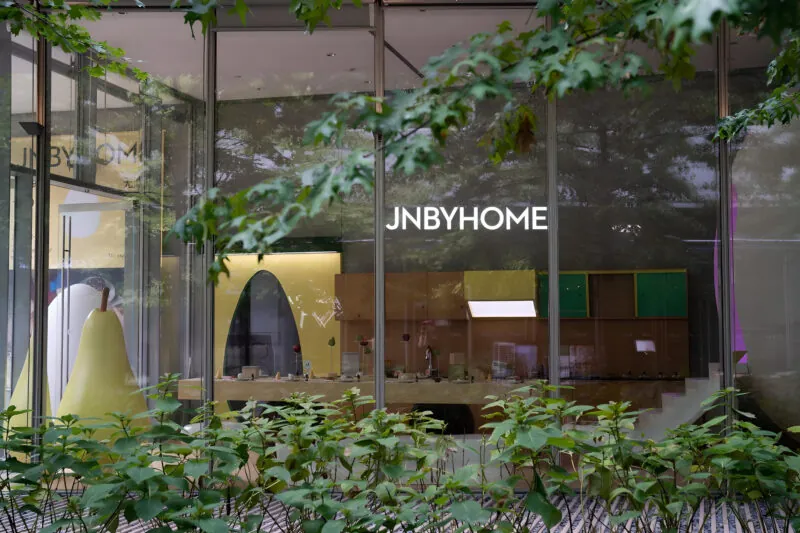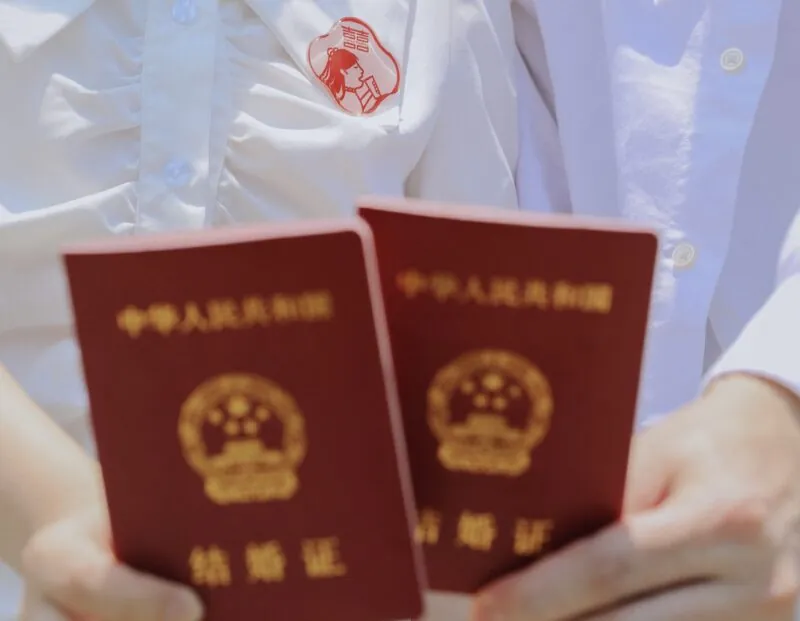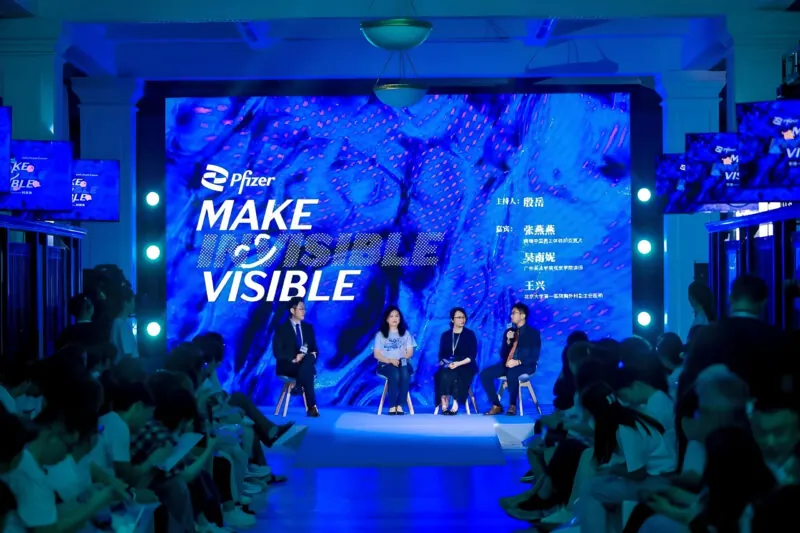Less than 2 weeks after its opening at the Mixc World in Shenzhen, the Australian luxury skin, hair and body care brand Aesop opened its first-ever shop in Suzhou, Jiangsu. Contrasting the in-mall location in the Cantonese port city, the standalone Jiangnan opening takes advantage of its location.
The Shenzhen store is interiorly inspired by avant-garde architecture in the 1960s and 1970s, with a space-age design to pay tribute to utopian ideas and blend into the “City of Tech”, with its rounded lines and pastel-coloured tiles. In stark contrast, the Suzhou store is located in a preserved late-Qing Dynasty (1644 – 1912) building called Feng Huang Ting (凤凰厅, lit. Phoenix Hall) in the Cangjie (仓街) area, at the centre of the historic old town of Suzhou, also an emerging luxury hub. Like the recently opened Hangzhou shop in the nearby Zhejiang province, the first Aesop store in Suzhou is hyper-localised, paying homage to the region.
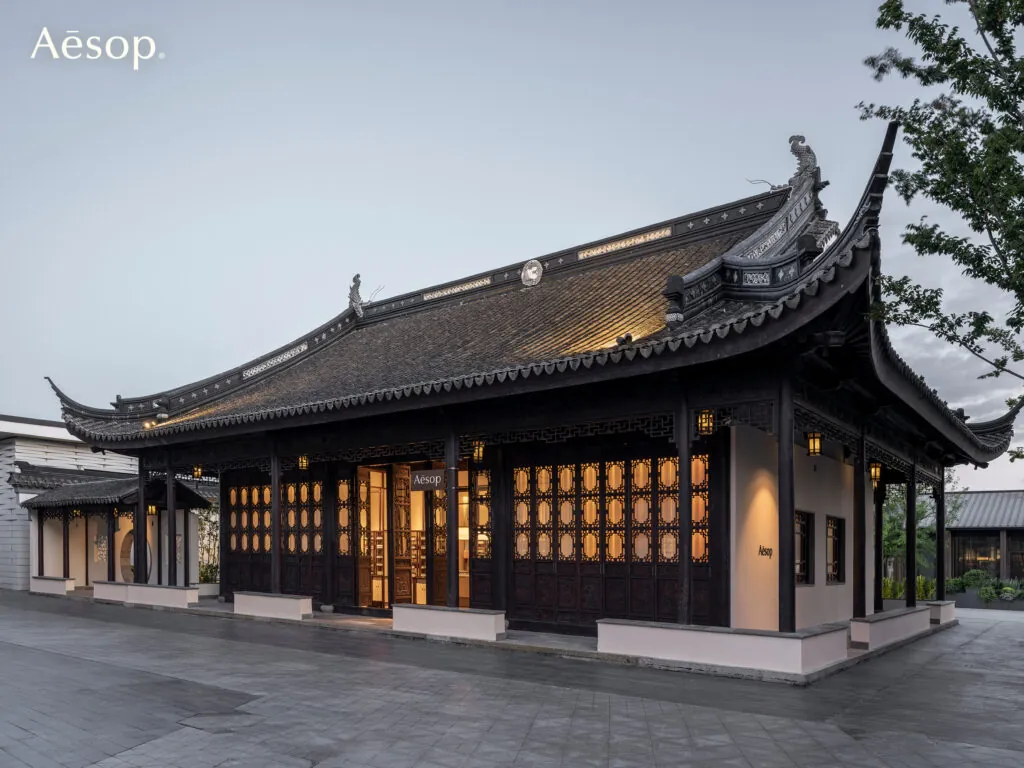
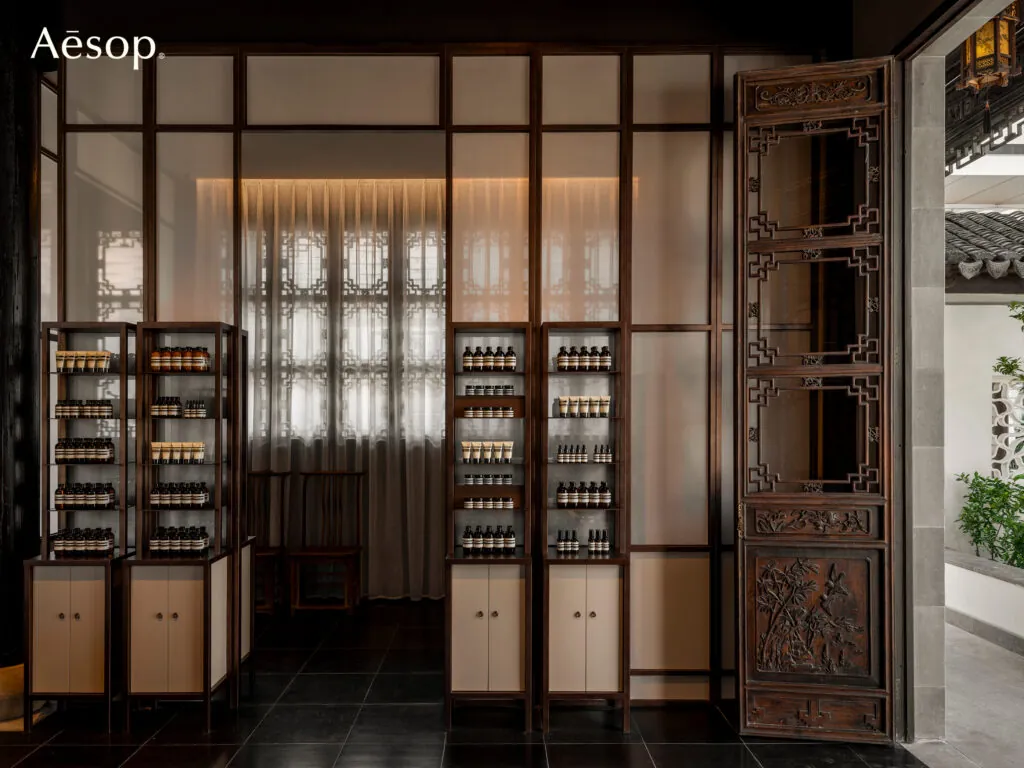
Collaborating with the design studio Offhand Practice in Shanghai, the fabled cosmetic brand takes inspiration from two intangible cultural heritages: the UNESCO World Heritage Classical Gardens of Suzhou that serves as inspiration for the space, both interior and the yard, as well as the historical Suzhou embroidery that is featured heavily on lampshades in the store. The space also references ancient classics describing the region as the best of the Jiangnan region.
From Beijing to Hangzhou and now Suzhou, Aesop is taking a large amount of inspiration from Chinese traditional architecture, art, craft and culture. Not only is the brand hyper-localising its offline presence to the cities they are in but also establishing itself as a brand that “gets” the Chinese consumers and places itself as a credible “new Chinese-style” cosmetic brand, albeit being an international brand.




